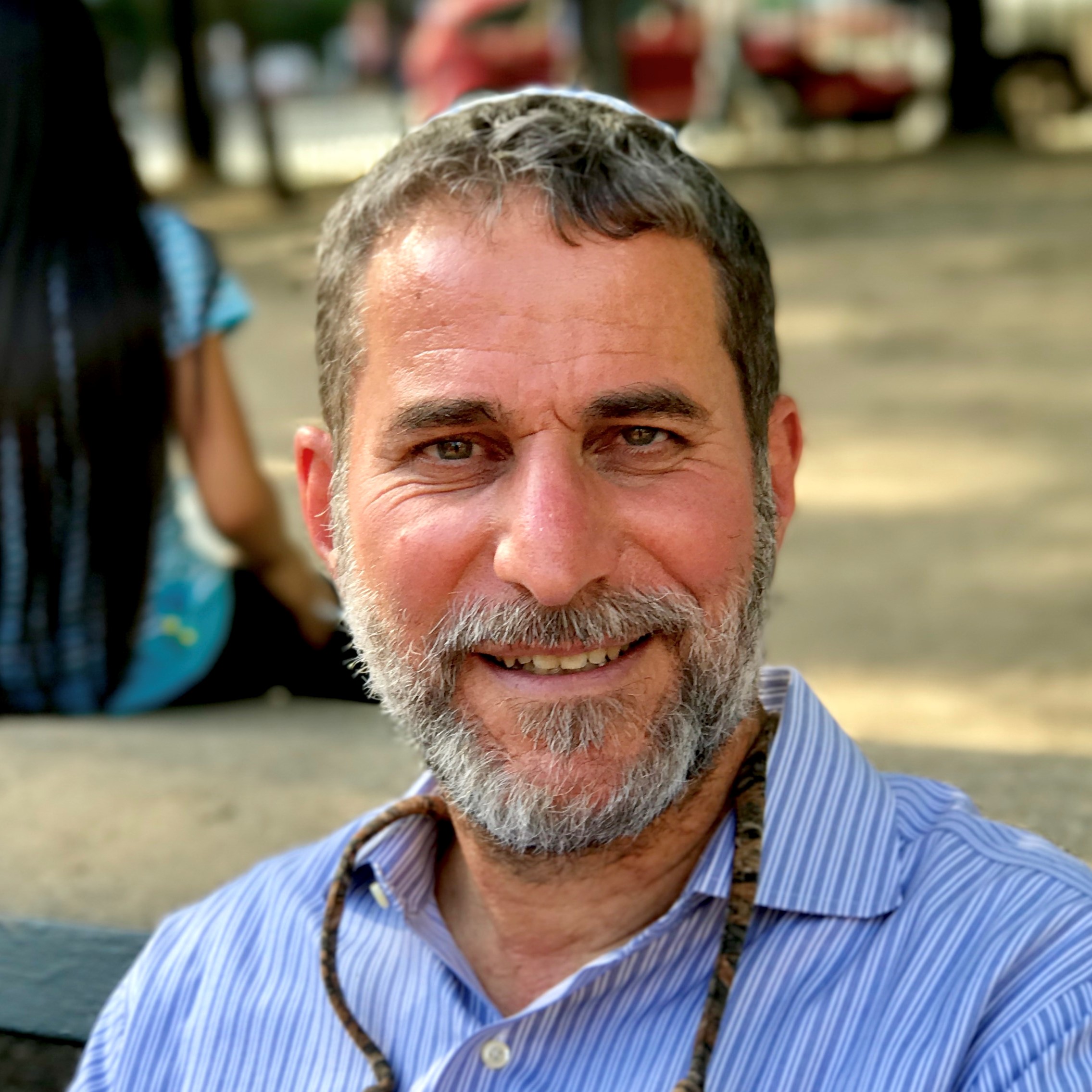Beit Midrash
- Torah Portion and Tanach
- Bamidbar
- Naso
Material success ("Y’varech’cha");
Protection of our assets ("Yishm’recha");
Wisdom & insight ("Ya’er");
Likeability ("Viy’chuneka")
Peace ("Shalom").
Three quite unusual things to note about this Bracha (an ancient rendition of which is the centerpiece of the Dead Sea scrolls at the Israel Museum in Jerusalem):
1) The phrase, "G-d will lift His face unto you" is puzzling. Does Hashem have a face? But the image seems clear: When we act in a way that is shameful, we tend to lower our gaze so as not to look directly at others. But when we live up to that which is expected from us, we can stand tall & look the next person right in the eye. Doing the right thing results in G-d loving & being proud of us, & His gaze of approval makes us proud of ourselves.
2) While the Torah simply commands the Kohanim, "So shall you bless Bnei Yisrael," the word, "b’ahava – with love" is added to the end of the bracha the Kohanim make before they duchen. Where does this come from? I suggest the Rabbis wanted to convey the message to the Kohanim, our original "spiritual leaders," that coercion, preaching, legislation & rebuke are all inferior methods of elevating the nation. Blessing others, as long as it is with love, is the best way to connect to the hearts of others.
3) As the Kohanim deliver their blessing, the Chazan (unless he is also a Kohen & recites the bracha himself) prompts the Kohanim by saying aloud each word of the blessing, which the Kohanim then repeat. Why? The practical reason is that since the Kohanim must elevate their hands when they deliver the bracha, they cannot hold a siddur to read. So, to make sure they don’t forget a single word, the Chazan quietly prompts them.
But another beautiful idea is that, by saying the words of the bracha first, the Chazan – as representative of the whole congregation – is himself blessing the Kohanim, thus creating a circle of love that envelops everyone!
In other words, all you need is love; love is all you need.
























